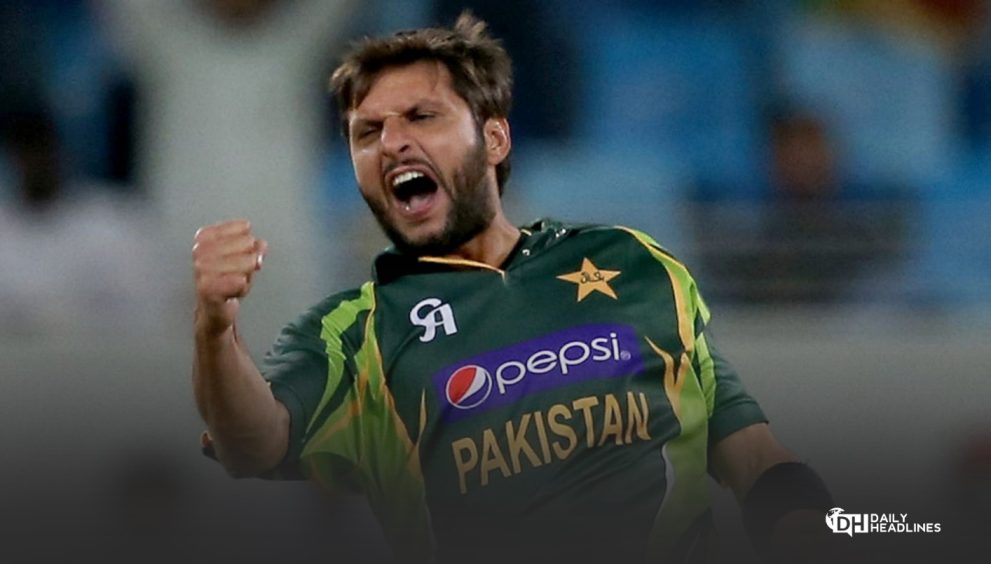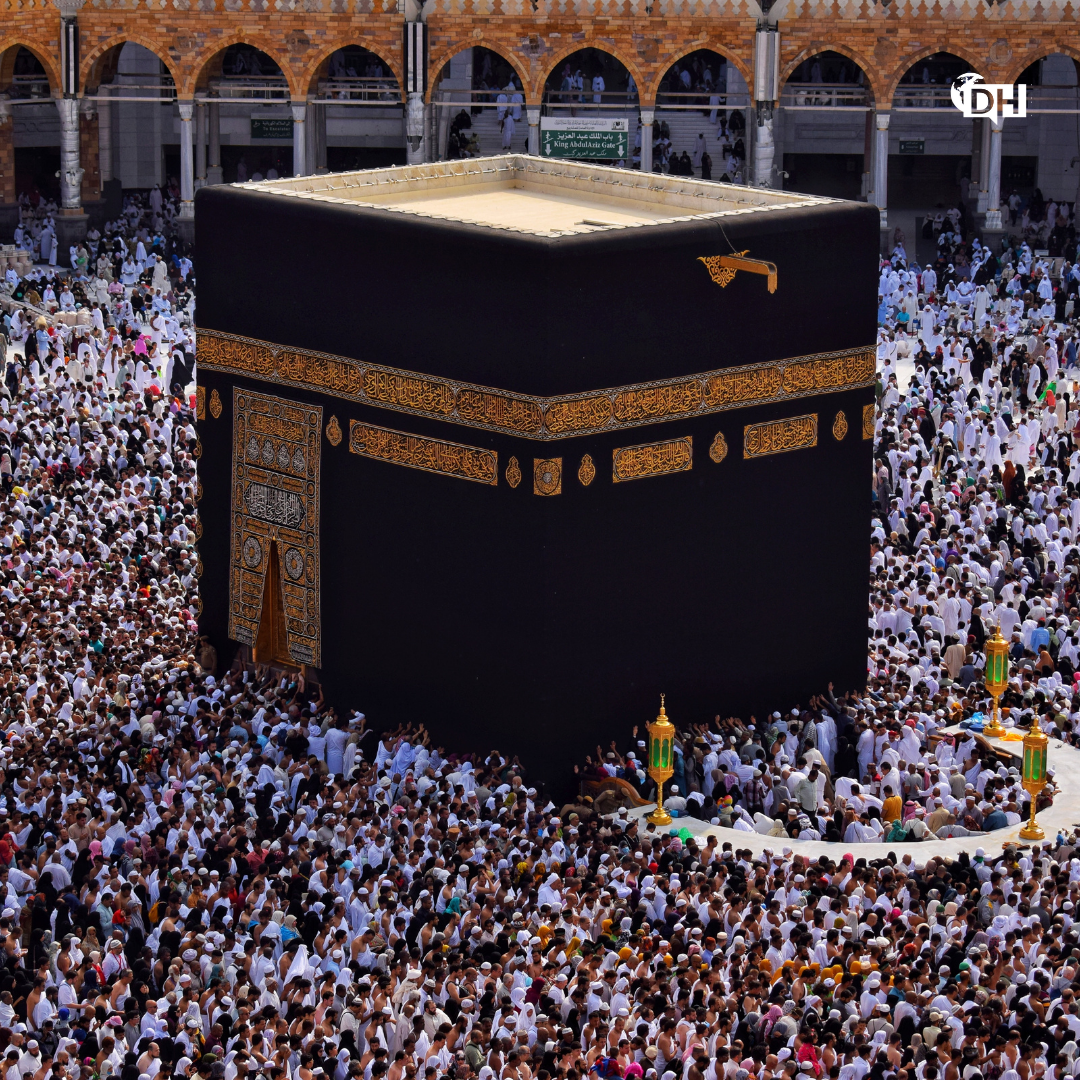In a highly publicized move, the World Championship of Legends (WCL) was forced to cancel a scheduled cricket match between India and Pakistan’s veteran players due to escalating geopolitical tensions between the two neighboring countries. This development has left fans disheartened and raised questions about the role of sports in fostering diplomacy amidst a fractured political landscape.
The WCL, an international tournament bringing retired, non-contracted international cricketers back to competitive T20 cricket, had aimed to bring a semblance of sporting peace. It was supposed to be a momentous match between two cricketing giants, but instead, it was pulled at the last minute, leaving more questions than answers.
What Led to the Cancellation of the Pak-India Cricket Match?
The match was set to take place on Sunday, July 23, 2023, but it was called off after Indian cricketers, including renowned veteran Shikhar Dhawan, withdrew from the fixture. The players cited the “current geopolitical situation and prevailing tensions between India and Pakistan” as the reasons for their refusal to play. The WCL, in its official statement, apologized for the discomfort caused to Indian players and fans, revealing that they had initially planned the match in the hope of improving bilateral sporting ties between the two countries.
In recent months, there had been glimmers of positive developments between India and Pakistan in the world of sports. A volleyball match earlier this month had seen Pakistan triumphing 3-0 in the Asian Men’s U-16 Championship, and there were even discussions about a potential hockey team exchange later this year. Yet, despite these events, the specter of political hostility continues to overshadow any real progress.
The situation only became more complicated when an Indian travel company, a key sponsor of the tournament, also announced its decision to sever ties with the WCL due to the inclusion of Pakistan in the tournament. The response from India’s former cricketers has highlighted the stark divide between sport and politics in the subcontinent. It seems that, for some, the lines between these two realms have become increasingly blurred.
The Growing Influence of Geopolitics on Pak-India Cricket
This incident has amplified the reality that political tensions between India and Pakistan have seeped deeply into every aspect of bilateral relations — even sports. The decision by Shikhar Dhawan and others to withdraw isn’t just a reaction to the political tensions; it’s a reflection of the larger environment of mistrust and hostility that exists between the two nations. The geopolitical climate is such that cricket, once a unifying force, now finds itself as an unwitting tool of division.
Interestingly, this isn’t the first time political tensions have impacted cricket. Back in May 2023, the two countries were on the brink of war after the Pahalgam attack in Kashmir, which saw India accusing Pakistan of being involved without providing conclusive evidence. Such conflicts — including the militarized confrontations, have complicated diplomatic channels, making something as innocent as a cricket match seem irrelevant when the very fabric of national security is at stake.
For many, however, this cancellation represents more than just a setback for the sport. It’s a loss of hope that cricket could have bridged the divide between the two countries, offering an arena for peaceful dialogue. This match, in its absence, highlights how far apart India and Pakistan remain, even in the most non-political of spaces.
The Missed Opportunity for Diplomacy
Some argue that this could have been a golden opportunity for both countries to use sports as a bridge for peace. Cricket, after all, has a long history of transcending boundaries. Even during times of conflict, matches between India and Pakistan have provided brief moments of unity. This was especially evident in the 2019 Cricket World Cup, where despite political tensions, the match between the two nations was watched by millions, symbolizing the power of sport to bring people together, if only for a fleeting moment.
But it feels like yet another chance to promote kindness and respect for one another has been squandered with the cancellation of this event. The idea that sport has increasingly been a victim of the geopolitical conflicts between the two nations is widely held. This is about the spirit of competition and teamwork that characterizes international sports, not only cricket or even the WCL.
Reflection: Is Cricket Just a Game Anymore?
From a personal perspective, this turn of events is disheartening. Cricket was always more than just a game, it was a passion that united millions, regardless of where you came from. But now, it seems like the game is becoming yet another casualty of larger, unresolved political struggles. How do we, as fans and spectators, continue to support a game that is continuously pulled in the crossfire of nationalistic fervor? The question is complicated, but the reality is simple: until both nations can separate sport from politics, the future of Pak-India cricket will remain uncertain.
Ultimately, the cancellation of the Pak-India cricket match isn’t just a story about one game. It’s a reflection of how the tensions between two nations are infiltrating every corner of life, including something as pure as sport. This moment, like many others, underscores the hard truth: cricket might not be able to bridge the gap in the face of such deep-rooted geopolitical divisions.
Until we see a change, fans and players alike will be left waiting for the day when sport is truly allowed to be just about the game. The question is: when will that day come?







